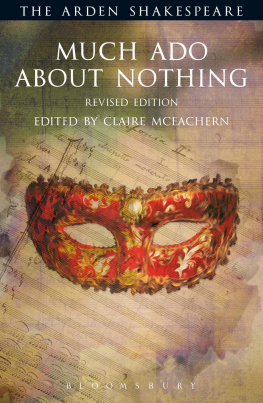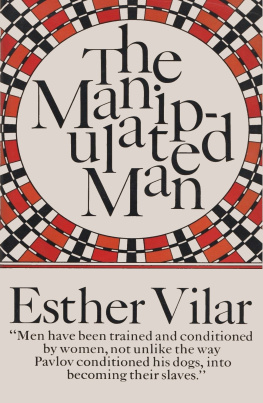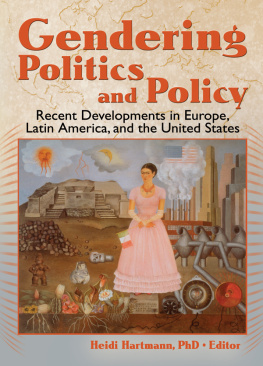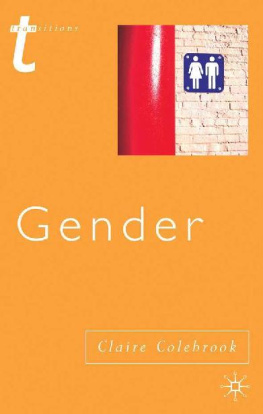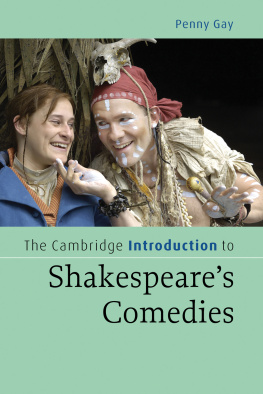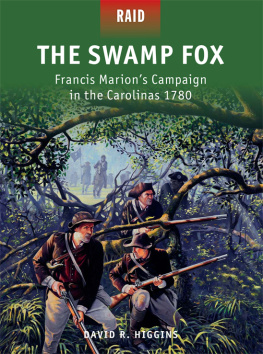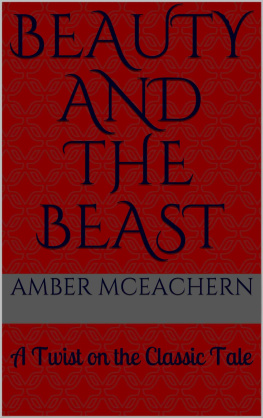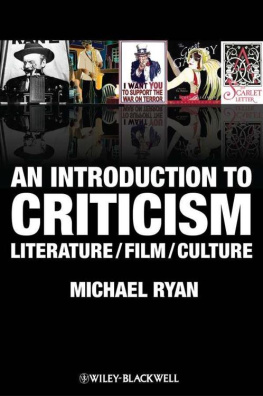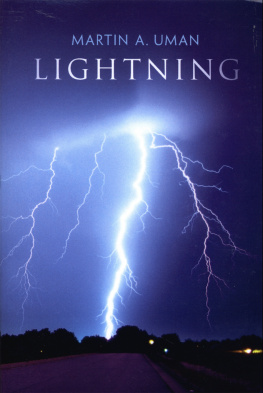
| T H E A R D E N S H A K E S P E A R E |
| ALLS WELL THAT ENDS WELL | edited by G.K. Hunter* |
| ANTONY AND CLEOPATRA | edited by John Wilders |
| AS YOU LIKE IT | edited by Juliet Dusinberre |
| THE COMEDY OF ERRORS | edited by R.A. Foakes* |
| CORIOLANUS | edited by Peter Holland |
| CYMBELINE | edited by J.M. Nosworthy* |
| DOUBLE FALSEHOOD | edited by Brean Hammond |
| HAMLET | edited by Ann Thompson and Neil Taylor |
| JULIUS CAESAR | edited by David Daniell |
| KING HENRY IV PART 1 | edited by David Scott Kastan |
| KING HENRY IV PART 2 | edited by A.R. Humphreys* |
| KING HENRY V | edited by T.W. Craik |
| KING HENRY VI PART 1 | edited by Edward Burns |
| KING HENRY VI PART 2 | edited by Ronald Knowles |
| KING HENRY VI PART 3 | edited by John D. Cox and Eric Rasmussen |
| KING HENRY VIII | edited by Gordon McMullan |
| KING JOHN | edited by E.A.J. Honigmann* |
| KING LEAR | edited by R.A. Foakes |
| KING RICHARD II | edited by Charles Forker |
| KING RICHARD III | edited by James R. Siemon |
| LOVES LABOURS LOST | edited by H.R. Woudhuysen |
| MACBETH | edited by Sandra Clark and Pamela Mason |
| MEASURE FOR MEASURE | edited by J.W. Lever* |
| THE MERCHANT OF VENICE | edited by John Drakakis |
| THE MERRY WIVES OF WINDSOR | edited by Giorgio Melchiori |
| A MIDSUMMER NIGHTS DREAM | edited by Harold F. Brooks* |
| MUCH ADO ABOUT NOTHING | edited by Claire McEachern |
| OTHELLO | edited by E.A.J. Honigmann |
| PERICLES | edited by Suzanne Gossett |
| SHAKESPEARES POEMS | edited by Katherine Duncan-Jones and
H.R. Woudhuysen |
| ROMEO AND JULIET | edited by Ren Weis |
| SHAKESPEARES SONNETS | edited by Katherine Duncan-Jones |
| THE TAMING OF THE SHREW | edited by Barbara Hodgdon |
| THE TEMPEST, Revised | edited by Virginia Mason Vaughan and
Alden T. Vaughan |
| TIMON OF ATHENS | edited by Anthony B. Dawson and
Gretchen E. Minton |
| TITUS ANDRONICUS | edited by Jonathan Bate |
| TROILUS AND CRESSIDA, Revised | edited by David Bevington |
| TWELFTH NIGHT | edited by Keir Elam |
| THE TWO GENTLEMEN OF VERONA | edited by William C. Carroll |
| THE TWO NOBLE KINSMEN, Revised | edited by Lois Potter |
| THE WINTERS TALE | edited by John Pitcher |
* Second series

The Editor
Claire McEachern is Professor of English at the University of California, Los Angeles, where she teaches sixteenth and seventeenth-century English literature. She is editor of the Cambridge Companion to Shakespearean Tragedy (2nd edition, 2014), a contributor to the Cambridge Companion to Shakespeare (2010), ed. Margreta de Grazia and Stanley Wells, and The Spenser Handbook, ed. Richard McCabe (2014). Her other editions of Shakespeare's plays include five volumes of the Pelican Shakespeare (1 and 2 Henry IV, Henry V, King John and All's Well that Ends Well), King Lear (Pearson, 2004), and Twelfth Night (Barnes and Noble, 2007); her other previous publications include The Poetics of English Nationhood (1996) and (with Debora Shuger) Religion and Culture in the English Renaissance (1997).
For Warner Mandeville (4.1.2678)
CONTENTS
The earliest volume in the first Arden series, Edward Dowdens Hamlet, was published in 1899. Since then the Arden Shakespeare has been widely acknowledged as the pre-eminent Shakespeare edition, valued by scholars, students, actors and the great variety of readers alike for its clearly presented and reliable texts, its full annotation and its richly informative introductions.
In the third Arden series we seek to maintain these well-established qualities and general characteristics, preserving our predecessors commitment to presenting the play as it has been shaped in history. Each volume necessarily has its own particular emphasis which reflects the unique possibilities and problems posed by the work in question, and the series as a whole seeks to maintain the highest standards of scholarship, combined with attractive and accessible presentation.
Newly edited from the original documents, texts are presented in fully modernized form, with a textual apparatus that records all substantial divergences from those early printings. The notes and introductions focus on the conditions and possibilities of meaning that editors, critics and performers (on stage and screen) have discovered in the play. While building upon the rich history of scholarly activity that has long shaped our understanding of Shakespeares works, this third series of the Arden Shakespeare is enlivened by a new generations encounter with Shakespeare.
THE TEXT
On each page of the play itself, readers will find a passage of text supported by commentary and textual notes. Act and scene divisions (seldom present in the early editions and often the product of eighteenth-century or later scholarship) have been retained for ease of reference, but have been given less prominence than in previous series. Editorial indications of location of the action have been removed to the textual notes or commentary.
In the text itself, elided forms in the early texts are spelt out in full in verse lines wherever they indicate a usual late twentieth-century pronunciation that requires no special indication and wherever they occur in prose (except where they indicate non-standard pronunciation). In verse speeches, marks of elision are retained where they are necessary guides to the scansion and pronunciation of the line. Final -ed in past tense and participial forms of verbs is always printed as -ed, without accent, never as -d, but wherever the required pronunciation diverges from modern usage a note in the commentary draws attention to the fact. Where the final -ed should be given syllabic value contrary to modern usage, e.g.
Doth Silvia know that I am banished?
(TGV 3.1.214)
the note will take the form
214 banished banishd
Conventional lineation of divided verse lines shared by two or more speakers has been reconsidered and sometimes rearranged. Except for the familiar Exit and Exeunt, Latin forms in stage directions and speech prefixes have been translated into English and the original Latin forms recorded in the textual notes.
COMMENTARY AND TEXTUAL NOTES
Notes in the commentary, for which a major source will be the Oxford English Dictionary, offer glossarial and other explication of verbal difficulties; they may also include discussion of points of interpretation and, in relevant cases, substantial extracts from Shakespeares source material. Editors will not usually offer glossarial notes for words adequately defined in the latest edition of The Concise Oxford Dictionary or
Next page
